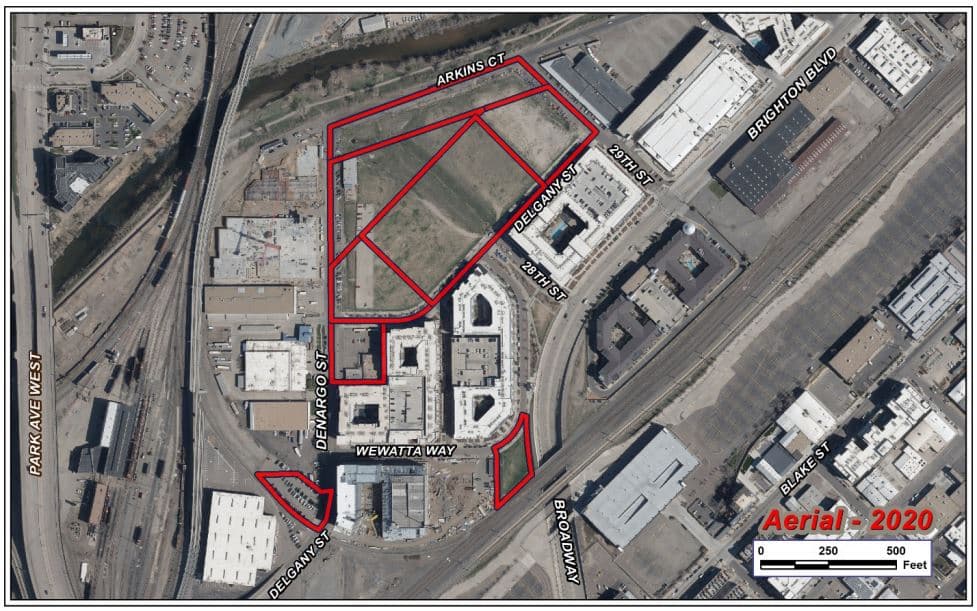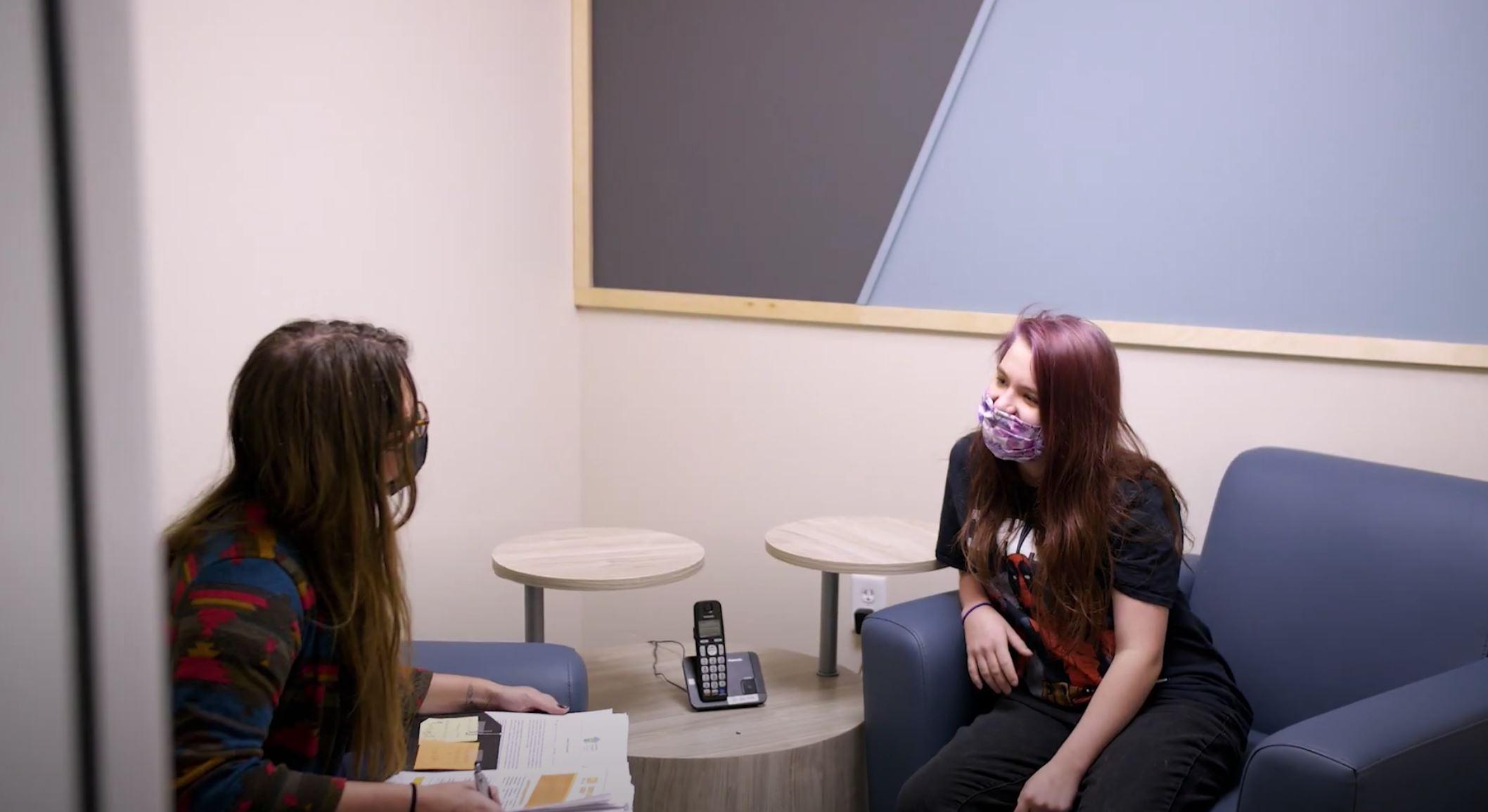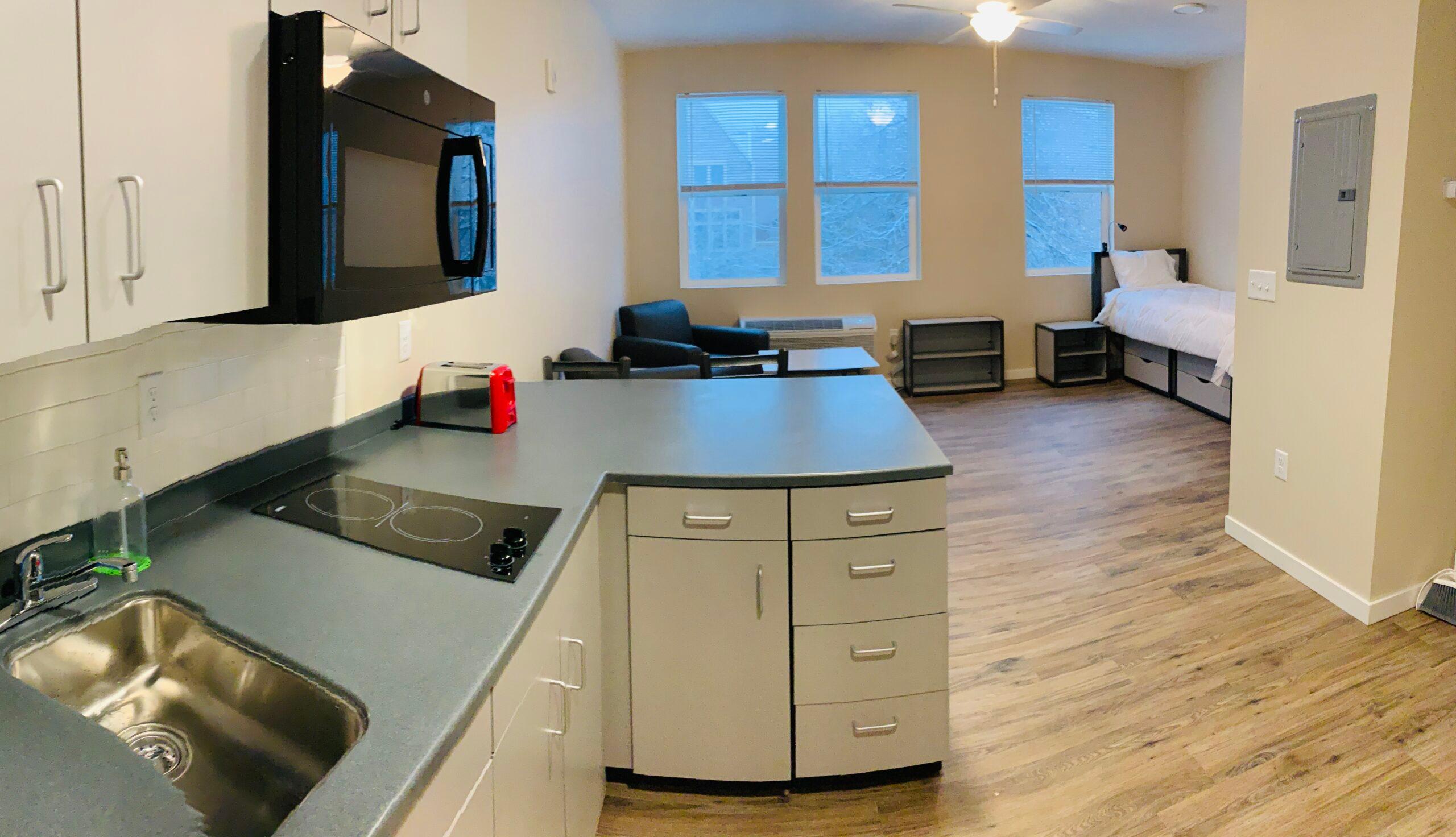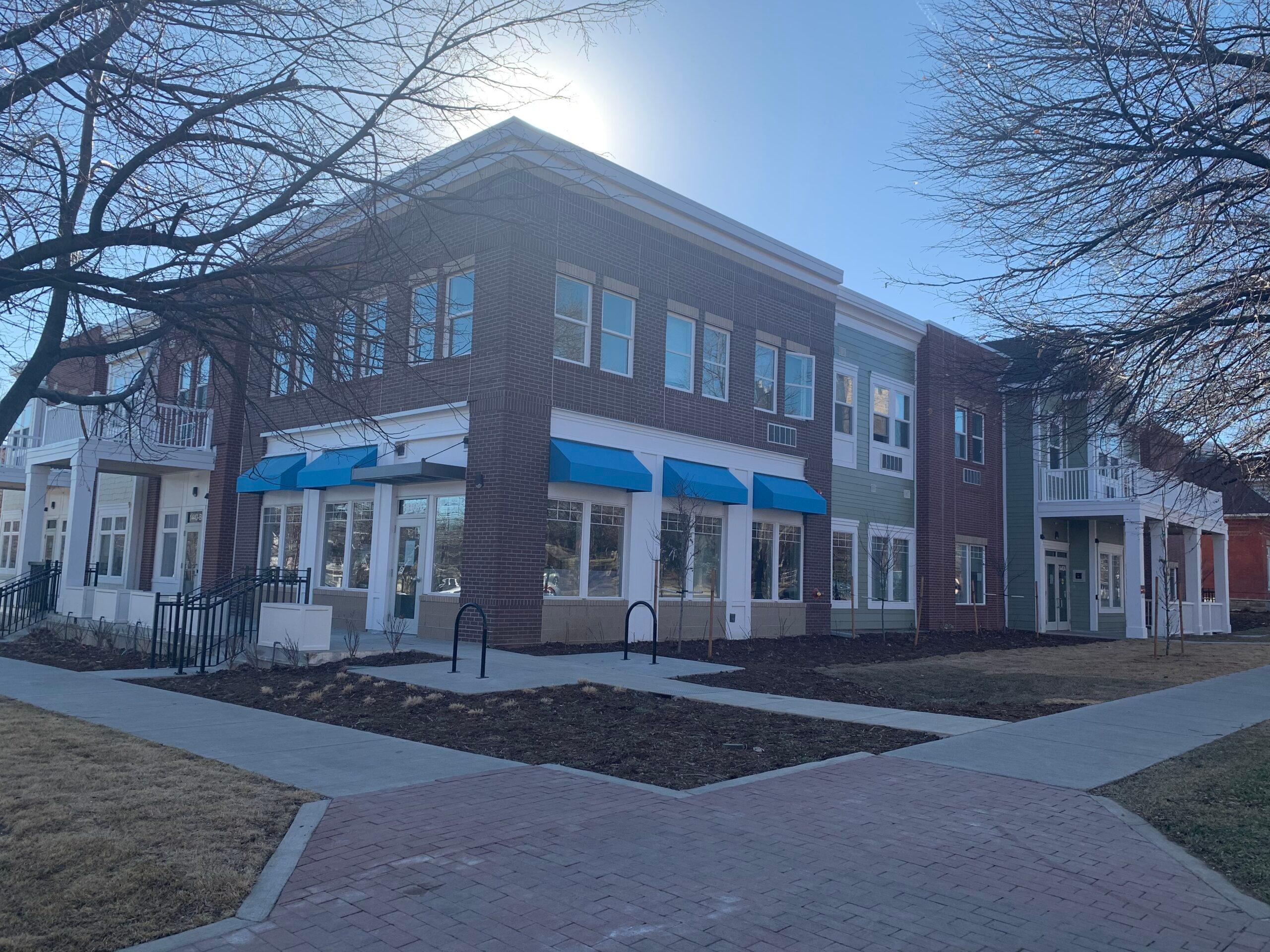Remember in May when City Council approved a rezoning request for a block of land in Five Points' RiNo Art District that would allow developers to build housing and commercial spaces on roughly 13 acres?
And do you remember that part of the rezoning agreement included a required commitment from developers to provide affordable housing?
Well, it's happening, though construction won't be complete until 2024.

The 56-unit development will be located at 2700 Wewatta Way. It will provide affordable and supportive housing for young adults (18-25 years old) who are at risk of or already experiencing homelessness. It'll be a five-story building with a mix of studios, one and two bedrooms.
The project is spearheaded by Rivet Development Partners, who helped oversee the construction of Racies Brewery, and TGTHR, a nonprofit working to end youth homelessness.
Chris Nelson, the CEO of TGTHR, said youth homelessness disproportionately affects people of color and the LGBTQ community. So to "level the playing field" and provide "power and agency to people to lift their lives up," he said housing is the first step.
"One out of 30 adolescents will experience homelessness in a given year," Nelson said. "One out of 10 young adults will experience homelessness in a given year. While a young person is on the street, one out of three is solicited for trafficking. We lose thousands of young people on the street because of assault, suicide and succumbing to the elements. We, collectively as a society, should not tolerate that and we have these opportunities to create solutions for these young people."
Residents will be chosen on a need basis. A need is assessed through two parts -- a vulnerability assessment and whether that person has aged out of the foster care system. Residents will also sign a traditional lease and contribute 30% of their income toward rent, though residents aren't required to have a job to be considered for housing.

Besides housing, the complex will provide supportive services through TGTHR, including mental health resources, education, life-skills development, financial literacy training and career development. Sessions will be appointment-based or through office hours.
"[We're] reducing barriers and creating more paths to access to engage, whether it's therapy, case management or employment training," Nelson said. "It's about being flexible. Let's just be there and be ready... and what we found is that people considerably engage more."
Rivet Development founder Shannon Cox Baker said the complex will also house a social enterprise retail space through a partnership with Girls Inc. of Metro Denver, the nonprofit that runs the coffee shop Strong, Smart & Bold Beans in Sun Valley. Baker said a Bold Beans location will open inside the Denargo Market and the plan is to hire residents to work there.
Denver is no stranger to transitional youth housing but neither is TGTHR and Rivet. The two came together two years ago to create the same complex in Boulder. The 40-unit complex was built on top of a church parking lot, which was replaced with underground parking. Nelson said in the two-year span, nearly half of the 40 residents have moved on to permanent housing.

"We see high employment rates, high rates of young people moving on to independent housing and high rates of behavioral health resolutions just by simply having a safe place to live," Nelson said.
Baker said after the Boulder complex filled up, they began looking for property in Denver. Last spring, Rivet connected with the JV Denargo LLC and competed for the space at Wewatta Way. Rivet also received affordable housing tax credits that provide equity to the project and a Section 8 voucher contract, which provides an operating subsidy.
Baker said construction will begin approximately in September 2022 and the building is scheduled to open in January 2024.
"It's really important that communities rally around these types of projects," Nelson said. "We talk about how high the need is [for youth housing] and I don't want that to discourage us from thinking that this problem is unsolvable. This is an issue we can solve as a society, as a country, as a community and that's the inspiration that I think we need people to hold in their hearts. We can solve this problem."












